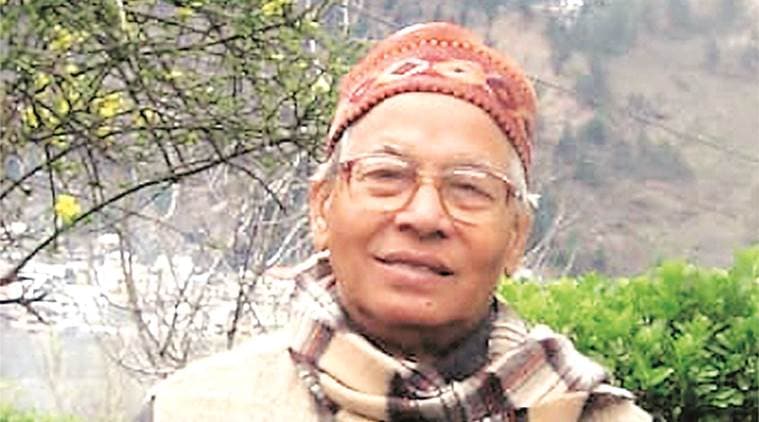 Yogendra Singh.
Yogendra Singh.
Tired of eating khichdi, sociologist and one of the founding professors of the Jawaharlal Nehru University’s Sociology centre Yogendra Singh told his daughter on Saturday night, “Once this lockdown is over, we’ll have chicken soup and drink red wine with friends.”
Around 10.15 am on Sunday, Singh died at the age of 87 of a heart attack. He was staying with his daughter Neerja Singh (59), a teacher at Delhi University’s Satyawati College, and her husband and two daughters. Singh’s wife passed away in 2017.
“He was fit and fine, barring a UTI, so it came as a shock to us all. Recently, he had been very concerned and was saying researchers need to look at new paradigms to look into the crisis of post-industrial society, in the context of the current Covid-19 crisis. He was a person who believed in open dialogues and encouraging dissent,” said Neerja Singh.
Professor Emeritus at JNU, Singh is regarded as one of the most renowned sociologists for his pioneering works on Indian modernity and tradition. His colleagues and students alike agree that his book, Modernization of Indian Tradition, published by Thompson Press in 1973, changed the face of Indian Sociology. Singh also received the Lifetime Achievement Award by the Indian Sociological Society in 2007.
Born in Uttar Pradesh’s Siddharthnagar district, Singh studied at Lucknow University. He was Head of the Department of Sociology at Jodhpur University, before moving to JNU in the 1970s to set up the Centre for the Study of Social Systems.
Professor K L Sharma, Singh’s first PhD student at Jodhpur University in 1968 who later joined as faculty in JNU, said he gave a “new direction to Sociology in India”. “His book on modernisation and Indian tradition is a magnum opus. He was not only one of the most acknowledged sociologists but a social scientist since his knowledge was so vast, and he was multifaceted,” said Sharma.
He said Singh had received multiple offers of Vice-Chancellorship at Kurukshetra University and Benaras Hindu University, but refused, politely: “He was never hungry for power or office. His only interest was in scholarship and academia. He was a thorough gentleman who never spoke ill of anyone.”
Gentle is a word that comes up often when speaking to those who knew him. Sociologist Dipankar Gupta, who was his first PhD student at JNU, also said Singh was gentle and “rarely raised his voice”.
“At a time when most Indian sociologists were concentrating on fieldwork, he concentrated on sociological theory, considered to be a domain of the West. He broke the mould. He had a very gentle way of persuasion. When I wanted to do a term paper on the Asiatic Mode of Production, others told me it was a foolish project, but he encouraged me. At the same time, if he felt I was overreaching, he would convey that. He always insisted that theory be backed by empirical evidence,” he said.
Swaraj India leader Anand Kumar, who was also Singh’s MPhil student and then his colleague in JNU, said his book was a “mind-changer” and that quite early on in his life, he had achieved much academically. “Even though he was rubbing shoulders with the high and mighty, he was very modest. He would always focus on a student’s positives rather than their negatives,” said Kumar.